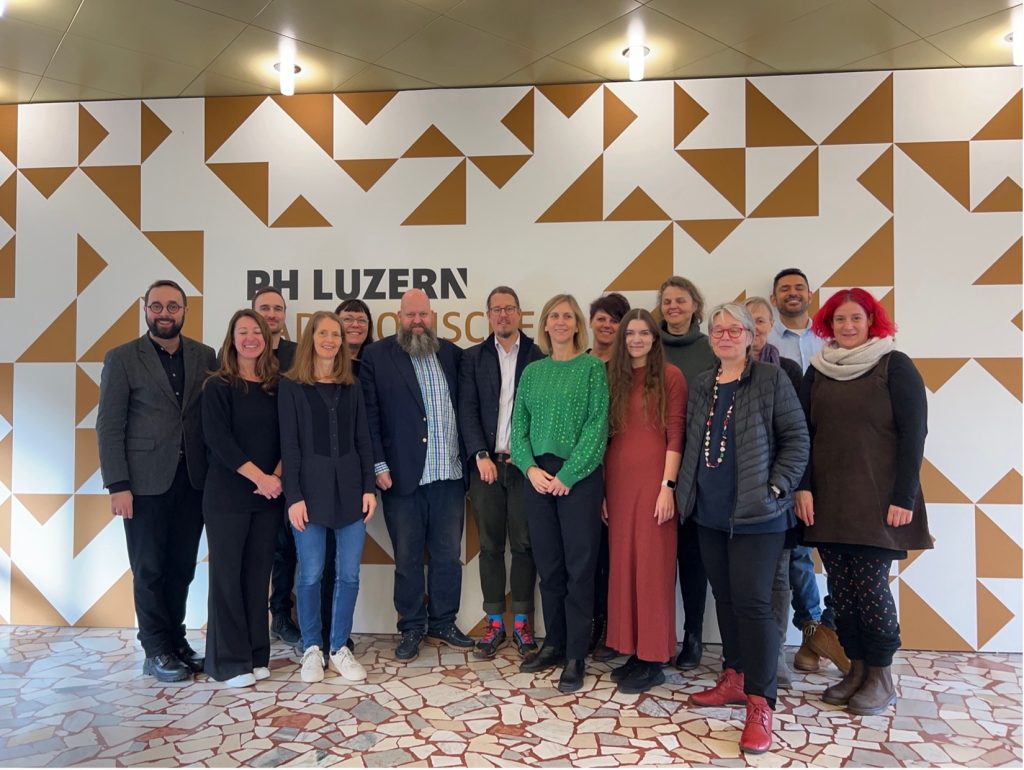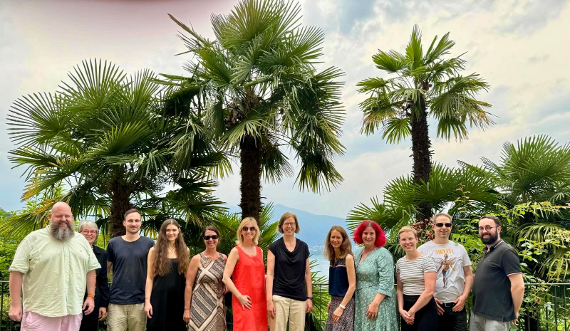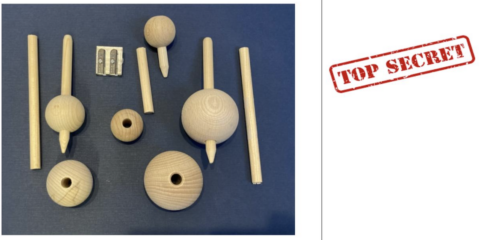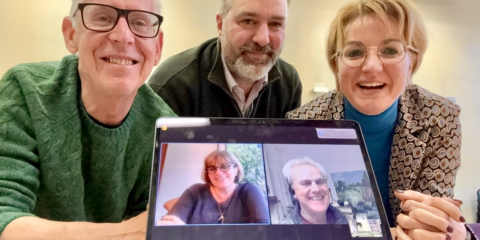Continuity in education for children and adolescents with medical challenges in German-speaking countries
Robert Langnickel, Christine Walser & Pierre-Carl Link

Kick-off meeting at Lucerne University of Teacher Education , Switzerland.
i Starting Situation
Continuity in education for children and adolescents with medical challenges focuses on teaching students with medical conditions but needs more academic establishment at universities (Stein, 2010; 2020). Recent discourse analysis indicates that its disciplinary self-understanding is primarily rooted in practice at hospital schools and needs a more theoretical foundation (Elbracht et al., 2023). While literature addresses challenges like student reintegration and transition, more than systematised and evaluated approaches are needed. Also, clinical environment prevention and health promotion are under-researched (Casale et al., 2018).
Illness-related impairments impose special demands on teachers. This field represents a tension between therapeutic approaches and pedagogical action, constituting an antinomy in hospital teachers’ work (Bakels, 2020). Since the 1970s in Germany, the need for comprehensive training for teachers has been acknowledged, emphasizing additional knowledge in pedagogy, didactics, and organizational competencies, along with forums for reflection and exchange (e.g., Gratzer & Krisemendt, 1978; Wienhues, 1979; Castello & Pülschen, 2018). However, appropriate tertiary-level university education for pedagogy during illness is lacking in German-speaking countries.

The second project meeting took place in Ticino, Switzerland.
ii Movetia Project: Pedagogy during Illness and Hospital School Pedagogy (Continuity in education)
The international project Pedagogy during Illness and Hospital School Pedagogy (Pb-KuS), funded by the Swiss foundation Movetia (Project No.: 2023-1-CH01-IP-0055), aims to address these gaps. It seeks to close research desiderata, promote interdisciplinary exchange, and develop, evaluate, and implement a part-time Master’s program in Pedagogy for Illness in German-speaking countries, collaborating with practitioners. The Lucerne University of Teacher Education manages the project with partner universities, including the University of Teacher Education in Special Needs Zurich, Ludwigsburg University of Education, Heidelberg University of Education, University of Oldenburg, University of Munich, University of Würzburg, University of Cologne, University of Klagenfurt, Salzburg University of Education, and University College London. Practice partners include hospital schools in Vienna, Tübingen, Zurich, and the Hamburg Institute of Education.
The initial steps involve building an international network at the university and practice levels. This is followed by an empirical analysis of current conditions and needs through quantitative and qualitative surveys and evaluation of existing curricula. Expert interviews on success conditions and required actions will be conducted, analysed, and presented to network partners. This triangulation of document analysis and empirical data forms the foundation for creating a cross-location curriculum.
A curriculum for the Master of Advanced Studies (MAS) in Continuity in Education will also be created by utilizing network connections, integrating existing curricula, and conducting a scoping review on the importance of illness within the school environment and a discourse analysis of continuity in education in hospital schools and a narrative review about transition. This curriculum will include specific learning objectives, competencies, and methodology approaches formulated in close collaboration with practice partners from hospital schools and universities.
The curriculum will be participatively evaluated with practice partners to ensure sustainable and flexible outcomes. The focus is on professionalizing teachers in Continuity in education, an essential element for schooling for ill children and adolescents (Stein, 2020). This professionalization aims to transform the discipline into a human rights pedagogy and participation science (Markowetz, 2007). Professional ethical questions regarding care relationships and care ethics are addressed, highlighting teachers’ special responsibilities and challenges (Falkenstörfer, 2023). Results are triangulated through outcome securing, quality assurance, and transfer into the quadruple mandate of universities, particularly in research and teaching, as well as further education and services.
In German-speaking inclusion discourse, hospital schooling is considered an inclusive educational measure for special life situations on time (Piegsda et al., 2020; Langnickel et al., 2023; Elbracht et al., 2023). However, the potential of hospital schools for an inclusive education system—especially regarding transitions and addressing illness and health topics—remains largely unexplored. This project aims to comprehensively research and utilize the potential of hospital schools for an inclusive education system.
Contact:
Dr. Robert Langnickel;
Mail: robert.langnickel@phlu.ch




